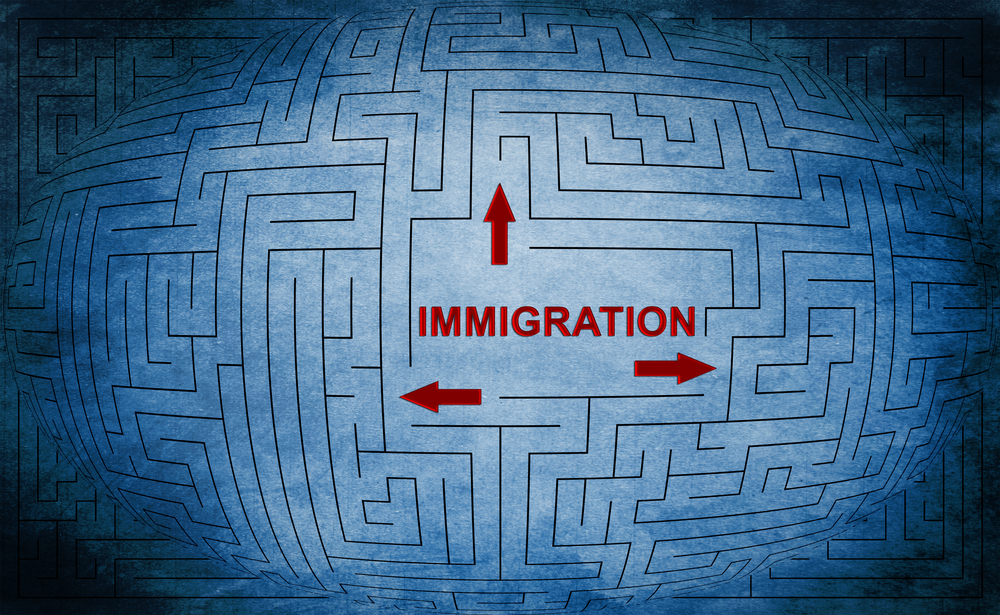Many people leaving school or seeking a career change know they want to be a lawyer, or at least work in the law profession, but they don’t know exactly what type of lawyer they want to be.
At an early stage this isn’t too much of an issue as most people study for a degree in law, get a broad understanding of the law and legal system and specialise at a later stage. However, having a better idea of exactly what types of lawyers exist and where you might like to work can help you gain an advantage later down the line.
Any work experience you can get as a law student will help you stand out from the crowd when applying for trainee contracts after graduation and if that experience is with a firm that specialises in the area of law you end up pursuing, even better,
To help you narrow down your options, we have put together this guide to the different types of lawyers that operate in the UK, including their roles and responsibilities and what their day-to-day life looks.

What is a lawyer?
Before we look at different types of lawyers, we need to understand exactly what the term lawyer means. Lawyer refers to licenced legal practitioners operating in any area of law. The term encompasses a range of professions including solicitors, barristers, and more. Within the legal profession there are many different areas of law in which lawyers may specialise that require a unique set of skills and knowledge.
Different types of lawyer
Criminal Lawyer
A criminal defence solicitor will provide advice to those facing criminal charges of all kinds, ensuring that they are given a fair trial and that they have the best possible case for the defence.
They will analyse all the evidence associated with the case and create a defence strategy that gives their clients the best chance of achieving the best possible outcome, be it a reduced sentence, or complete acquittal.
During a court hearing, a criminal defence lawyer will prevent their client’s case and cross-examine witnesses, as well as looking for any flaws in the prosecution’s case that could be used to their client’s advantage or even to have the case dismissed.
Criminal law is highly-pressured and requires superb negotiation, communication, and analysis skills to be successful.
Employment Lawyer
Employment solicitors ensure that their client’s employment situation is legal and that contracts, payslips, and timesheets fully comply with the latest employment laws.
Should their client be dismissed, they will use their expertise to ensure they get the justice they deserve if the proper protocols were not followed. Becoming an expert in employment law is a long-term process with an incredible amount of case law and precedent to examine and study.
Businesses will also often consult with employment lawyers when creating contracts or when looking to let staff go to ensure that they won’t find themselves in legal trouble further down the line and are meeting all their obligations as an employer.
Family Lawyer
Family law is a highly emotional and high-stakes area of law in which mediation and negotiation is generally preferable to court proceedings.
A family lawyer will help to resolve divorce settlement disputes and represent their client in child custody disputes, both in negotiations and in court if absolutely necessary.
They must be skilled in dealing with emotional and stressed cliental and work towards a non-confrontational mediated positive outcome for their clients whenever possible.
Immigration Lawyer

Immigration lawyers and human rights lawyers may earn slightly less than some of the other lawyer types on this list but if you are passionate about becoming a lawyer to help people improve their lives, defend their human rights, and ensure that justice is served, there is no better role to do just that.
Immigration lawyers provide legal services regarding the movement of people to and from the UK, including assisting with visa applications, representing their clients in right to remain appeals, and briefing individuals before interviews with the authorities.
Immigration lawyers will also work with businesses looking to expand into other countries or bring in staff from overseas.
Immigration lawyers are required to maintain an incredibly in-depth knowledge of immigration law and help break down complex processes to give their clients the best possible opportunity to build a future for themselves and their families.
Property lawyer
Property lawyers oversee all the processes regarding the buying and selling of a property. They will represent their clients during conveyance and mediate between the seller and buyer to ensure a smooth transaction.
They will also represent those involved in disputes regarding property, such as who is at fault for property damage or where property boundaries are located specifically.